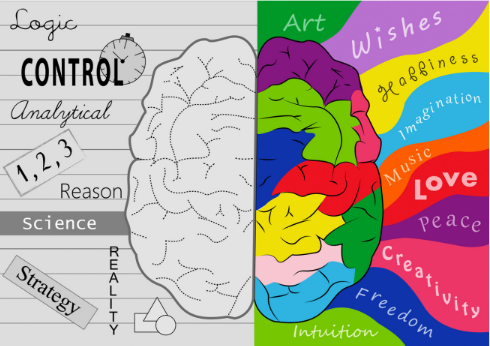Executive function plays a significant role in one’s ability to make and maintain friendships. Executive function refers to a set of mental skills that allow individuals to plan, organize, initiate, and complete tasks. It also involves abilities like impulse control, working memory, and flexibility in thinking.
Here’s how executive function can impact one’s ability to make and keep friends:
- Initiating Social Interactions: People with strong executive function skills are generally better at initiating social interactions. They can approach others, start conversations, and engage in social activities more easily.
- Reading Social Cues: Executive function helps in understanding and interpreting non- verbal cues like body language, facial expressions, and tone of voice. This is crucial for effective communication and building rapport with others.
- Listening and Responding: Good executive function enables active listening and the ability to respond appropriately to what others are saying. This helps in maintaining meaningful conversations and showing genuine interest in others.
- Emotional Regulation: Executive function helps in managing emotions. Being able to regulate one’s emotions is crucial for maintaining healthy relationships. It allows individuals to handle conflicts, frustrations, and disagreements in a constructive manner.
- Reciprocity in Relationships: Maintaining friendships often requires a balance of give and take. Executive function skills like planning and organizing can help individuals remember to reciprocate gestures of friendship, such as remembering birthdays or offering support when needed.
- Flexibility in Social Situations: Cognitive flexibility, a component of executive function, allows individuals to adapt to different social situations. This includes being able to shift perspectives, compromise, and adapt to changing circumstances.
- Time Management and Commitments: Good executive function skills help in managing time effectively. This is important for scheduling and keeping social commitments, such as meeting friends for coffee or attending social events.
- Problem Solving in Relationships: When conflicts arise in friendships, strong executive function skills can be instrumental in finding solutions and resolving issues in a constructive manner.
- Impulse Control: Being able to control impulsive behavior is crucial in social situations. It helps individuals think before they act, which can prevent saying or doing things that might harm the relationship.
- Empathy and Perspective-Taking: Executive function supports the ability to take another person’s perspective and understand their feelings. This is essential for being empathetic and supportive in friendships.
If your child struggles with executive function, they may find it more challenging to navigate social interactions and maintain friendships. However, it’s important to note that executive function skills can be developed and improved over time through various strategies, including therapy, coaching, and practice. Additionally, having supportive friends who understand and accommodate individual differences can also make a significant difference in maintaining friendships.

